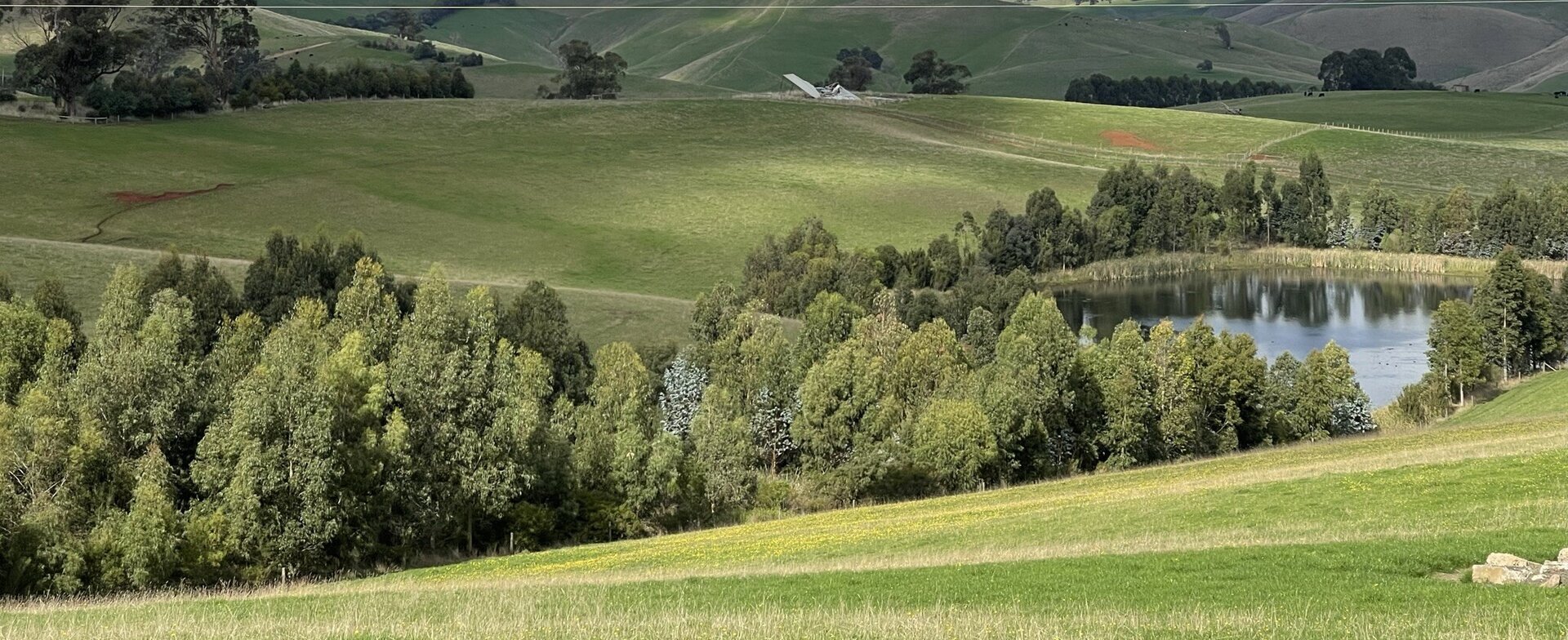Regenerative Agriculture
What is regenerative agriculture?
Regenerative Agriculture” describes farming and grazing practices that, among other benefits, reverse climate change by rebuilding soil organic matter and restoring degraded soil biodiversity – resulting in both carbon drawdown and improving the water cycle.
Specifically, Regenerative Agriculture is a holistic land management practice that leverages the power of photosynthesis in plants to close the carbon cycle, and build soil health, crop resilience and nutrient density. Regenerative agriculture improves soil health, primarily through the practices that increase soil organic matter. This not only aids in increasing soil biota diversity and health, but increases biodiversity both above and below the soil surface, while increasing both water holding capacity and sequestering carbon at greater depths, thus drawing down climate-damaging levels of atmospheric
CO2 , and improving soil structure to reverse civilisation threatening human-caused soil loss. Research continues to reveal the damaging effects to soil from tillage, applications of agricultural chemicals and salt based fertilisers, and carbon mining. Regenerative Agriculture reverses this paradigm to build for the future.
Regenerative Agricultural Practices are practices that
contribute to generating/building soils and soil fertility and health;
increase water percolation, water retention, and clean and safe water runoff;
increase biodiversity and ecosystem health and resiliency; and
invert the carbon emissions of our current agriculture to one of remarkably significant carbon sequestration thereby cleansing the atmosphere of legacy levels of CO2.
Check out the source of this definition here.
Here are some links to websites and further resources
Please note these are offered for you interest only, NTV landcare group does not necessarily endorse these organisations and information. In no particular order (links refered to in Saturday's presentation are included in the notes on the Saturday page).
Regenerative Famers Network SE Vic (Myrniong to Mallacoota) This Facebook group is a collaborative learning and sharing space for farmers, service providers and organisations that support the groundswell of regenerative farmers across South Eastern Victoria. This is a private group so you have to join to take part in the discussions.
Regeneration International In June 2015, about 60 people from 21 nations, representing businesses, the farming and scientific communities, educational institutions, policymakers and NGOs, convened in Costa Rica to draw up a blueprint for an international movement united around a common goal: to reverse global warming and end world hunger by facilitating and accelerating the global transition to regenerative agriculture and land management.
Bass Coast Landcare Network regenerative agriculture video series: This series of eight short videos on the key principles of regenerative agriculture have just been released by three local Landcare networks (Bass Coast, South Gippsland and Western Port Catchment) and the Mornington Peninsula Shire Council. Hosted by soil scientist Declan McDonald, the videos explain what regenerative agriculture is and how the principles can be applied on all farm types and landscapes within the Western Port Catchment, including beef, dairy, sheep, chickens, horticulture and vineyards.
The Hallston Regenerative Agricultural Group is located in Hallston. It is supported by and auspiced by South Gippsland Landcare Network. They are dedicated to taking care of the local area in a regenerative/traditional/holistic way. They provide educational opportunities, events, advice, access to funding, sharing of equipment and trees. To join us contact Gerhard Grasser info@agriculturalsolutions.com.au or Jill and Gary at jill@hallstonvalleyfarm.com.au
Farmers for climate action seek to influence Australia to adopt strong economy-wide climate policies and realise a prosperous and sustainable future, full of opportunity for farmers and farming communities. They have a web page that includes regenerative agriculture and carbon farming information, including lots of awesome links.
Regenerative Australian Farmers (RAF) is a facilitator and service provider for integrated agricultural solutions to build and monetise soil organic carbon, soil health and rural prosperity. This includes soil carbon evaluations, soil carbon field coring, baselining expertise & targeted implementation plans to support long term soil carbon contracts. RAF is a member of the Australian Government’s soil carbon methodology working group to further develop and refine measurement and reporting techniques and is linked to a global leader in remote sensing (satellite) of ground data including soil carbon.
Soils for Life is an independent, non-profit organisation that works to support Australian farmers to regenerate soils, for resilient people, communities, businesses and landscapes.
ABC NEWS; Regenerative agriculture a contentious trend still stirring emotions in Australia's farming industry.
If you are a wool producer; Many Australian woolgrowers are leaders in environmental management, using innovative practices to successfully improve and restore their farm landscapes while increasing their businesses’ profitability and their own wellbeing.
Natural Capital Accounting Benchmarking Project The Natural Capital Accounting Benchmarking project (NCA), is a joint project between Accounting for Nature® Ltd and Landcare Farming to provide training in natural capital accounting methods and develop environmental baseline reports for producers. Natural capital accounting provides standardised, quantifiable assessments of the physical state of environmental assets including agricultural soils, native vegetation and wildlife, rivers and marine ecosystems. These measures of environmental condition can be used to understand whether actions are improving or degrading natural capital, which may then guide investment in sustainable land and sea management through enabling natural resource managers, policy makers, investors and customers to link the condition of environmental assets with economic decision making.

